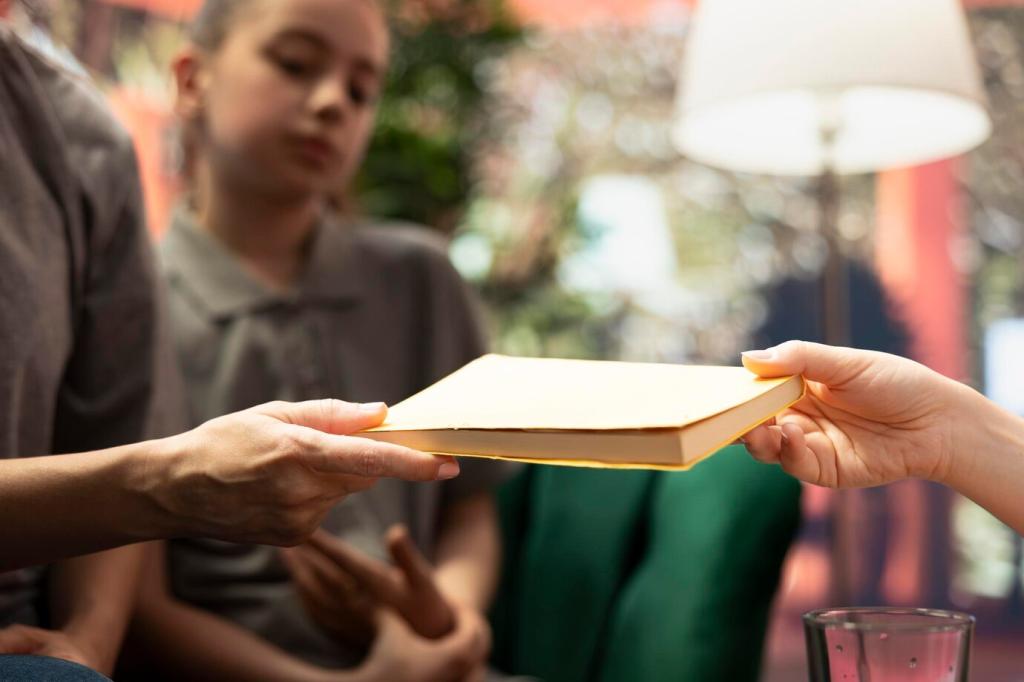Essential Cultural Sensitivity Training for Guides
Chosen theme: Essential Cultural Sensitivity Training for Guides. Welcome to a practical, story-rich hub designed to help guides create respectful, informed, and emotionally resonant experiences. Learn tools, frameworks, and everyday habits that earn trust with guests and host communities alike.
Why Cultural Sensitivity Matters on Every Tour
Safety, Trust, and Reputation
A culturally sensitive guide reduces conflict risk and builds trust quickly. Guests sense when you value their background, and communities notice when you follow local norms. Your professionalism protects everyone and strengthens your company reputation.
Beyond Facts: Human Context
Facts alone can feel hollow without human context. Sensitivity lets you interpret history through lived experience, honoring multiple perspectives. Guests feel seen, hosts feel respected, and your narrative becomes meaningfully connected to place, memory, and identity.
Share Your Defining Guiding Moment
Think of a tour when cultural understanding changed the outcome. What shifted for you, and how did guests respond differently afterward? Share your story with our community to inspire, learn, and refine our collective practice.
High and Low Context Cultures in the Field
High context cultures rely on shared understanding and subtle cues, while low context cultures value direct clarity. Skilled guides balance both, explaining intentions and reading the room without forcing one communication style onto everyone present.
Power Distance at Heritage Sites
Some communities expect deference to elders or custodians. A guide who greets leaders first and follows local protocols models respect. This small adjustment opens doors to stories rarely shared with hurried, inattentive visitors.
Time Orientation and Tour Pacing
Monochronic groups prize schedules; polychronic groups may prioritize relationships over strict timing. Present options honestly, check preferences early, and co-create a plan. Guests appreciate transparent choices and feel respected when pacing matches their values.
Respectful Etiquette Across Regions
01
Eye contact, handshakes, bows, cheek kisses, or no touch at all can communicate care or discomfort. Model a neutral, open stance, ask permission when uncertain, and invite guests to follow your culturally informed lead with flexibility.
02
Covering shoulders, removing shoes, or wearing head coverings might be required. Bring spare wraps, set expectations before arrival, and explain the meaning behind rules so guests understand this is about reverence, not arbitrary restrictions.
03
In some places, gifts are relationship anchors; in others, they complicate ethics. Research local guidance, coordinate with community partners, and explain to guests why certain gestures are welcome while others could unintentionally pressure hosts.
Communication Styles and Nonverbal Cues
A blunt correction might embarrass a guest in a face-conscious culture. Reframe with gentle suggestions and private guidance. Public praise and private feedback can preserve dignity while still steering behavior toward respectful participation.


Telling Inclusive Stories
Invite community members to share their narratives or cite their work explicitly. Attribute sources on-site, explain consent, and compensate contributors fairly. Guests appreciate authenticity grounded in relationships rather than extractive storytelling performed without permission.
Apologizing Across Cultural Expectations
Some contexts value swift, direct apologies; others prefer restorative gestures. Learn local practices, acknowledge impact without excuses, and ask what repair looks like. Guests learn from your example of sincerity and teachable composure.
De-escalation in Real Time
When tensions rise, slow the pace, lower your voice, and create space for listening. Summarize concerns, propose small next steps, and involve local partners. Your composure signals respect and keeps people emotionally and physically safe.


Partnering with Communities
Plan routes with elders, historians, youth leaders, and artisans. Ask what should be shared, what should remain private, and why. Co-creation strengthens authenticity, avoids harm, and makes hosts invested partners instead of passive backdrops.
Partnering with Communities
Pay for expertise, name collaborators, and document agreements. Explain to guests where money goes and why. Transparent benefit sharing sustains heritage work and builds the trust that allows future guides to be welcomed back warmly.



